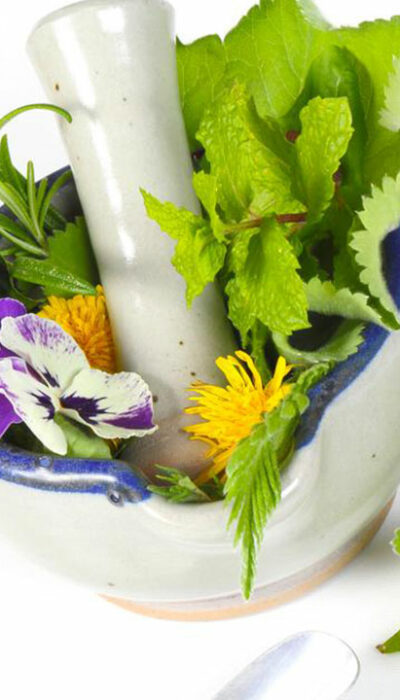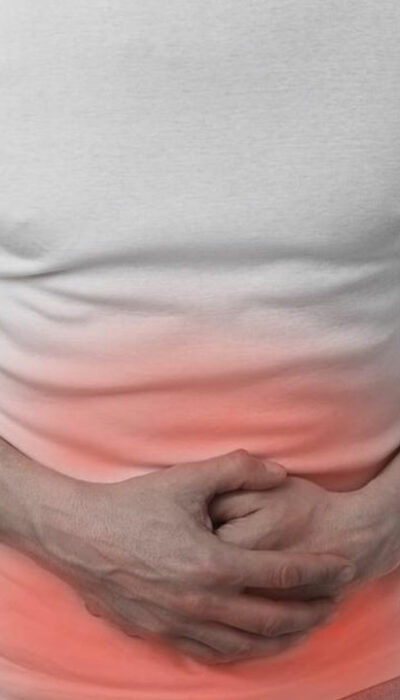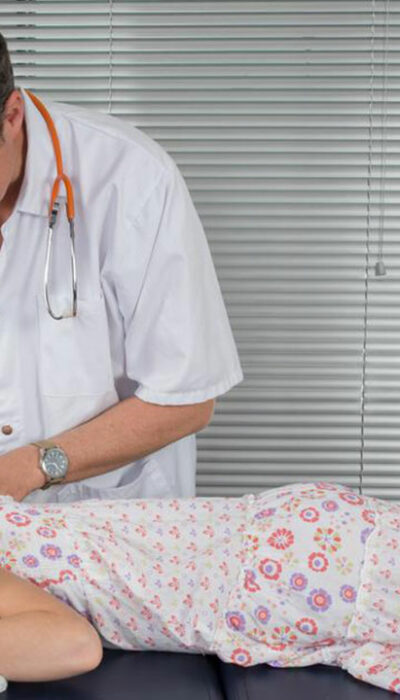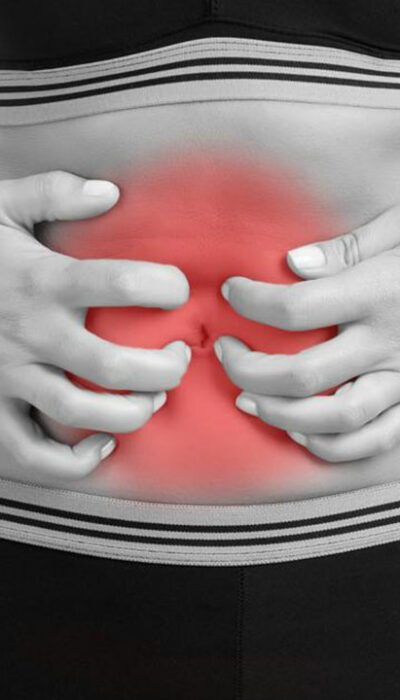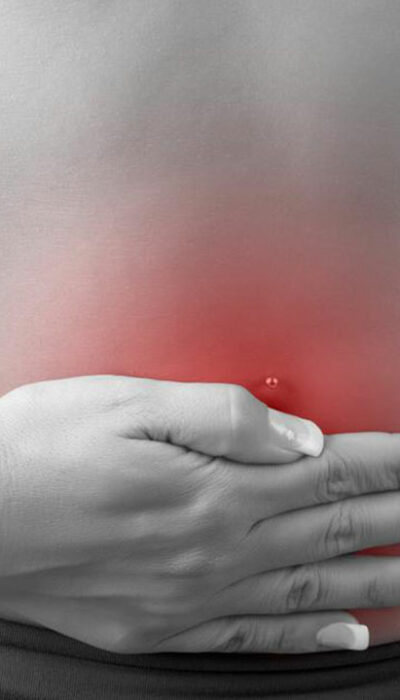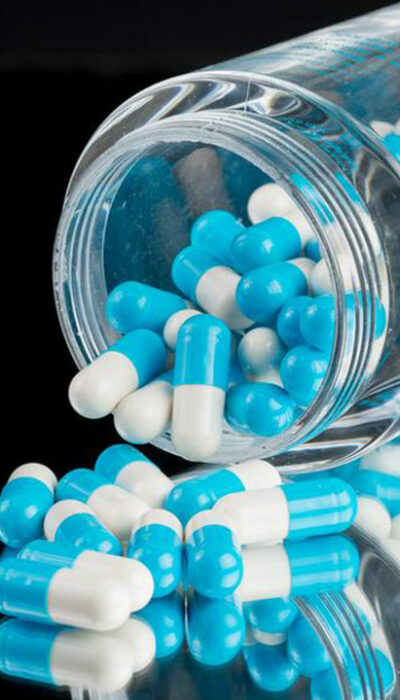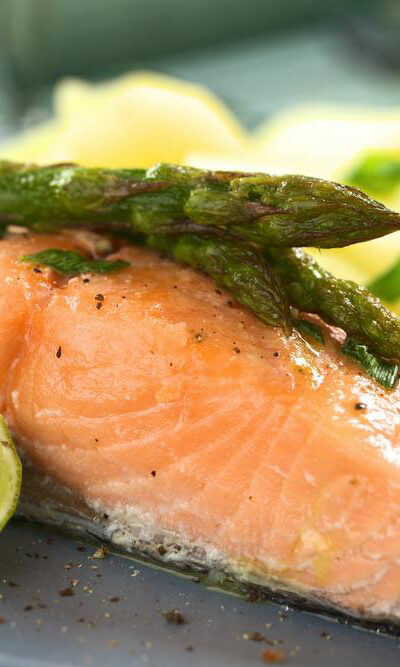
7 foods and remedies to fight cancer
The food one eats plays an important role in their overall well-being. Options such as green leafy vegetables, fruits, and nuts can significantly help curb or reduce the risk of developing untoward health conditions. However, when it comes to chronic conditions like cancer, food options become more limited, and while eating healthy may not cure the disease, it helps boost the immune system. This then aids in a faster recovery. 7 foods that helps fight cancer Berries Berries are nutritious and contain vitamin C, potassium, manganese, and folate, which help the immune system fight the cancer cells. A few examples of cancer-fighting berries are mulberries, strawberries, blueberries, and blackberries. The fruits also contain antioxidants like gallic acid and chlorogenic acid, which promote anti-cancer agents. Garlic Apart from being a delicious addition to any meal, garlic also has health benefits. The vegetable is an anti-inflammatory, antiviral, antibacterial food with natural antioxidants that may benefit your overall health. Garlic also contains allicin, which is an active compound known to reduce potential stomach cancer. Tomato Tomatoes are rich in lycopene, vitamin A, C, E and possess other health benefits too. These properties help ward off any potential cancer risks. Additionally, lycopene is an antioxidant that may help reduce the risk of heart diseases. Grapes Grapes contain an abundance of resveratrol, which is a strong antioxidant with anti-inflammatory properties known to prevent damage caused by cancer. Similarly, fruits like limes, lemons, and oranges can also help fight the effects of cancer. Broccoli Broccoli is a cruciferous vegetable known for its anti-cancerous properties. It contains glucosinolates; a substance that produces protective enzymes as it moves through the digestive system. Further, these enzymes can negate harmful chemicals in the system and lower the risk of cancer. Apples Apples are rich in potassium, vitamins C, and calcium, making them superfoods for the human body.
